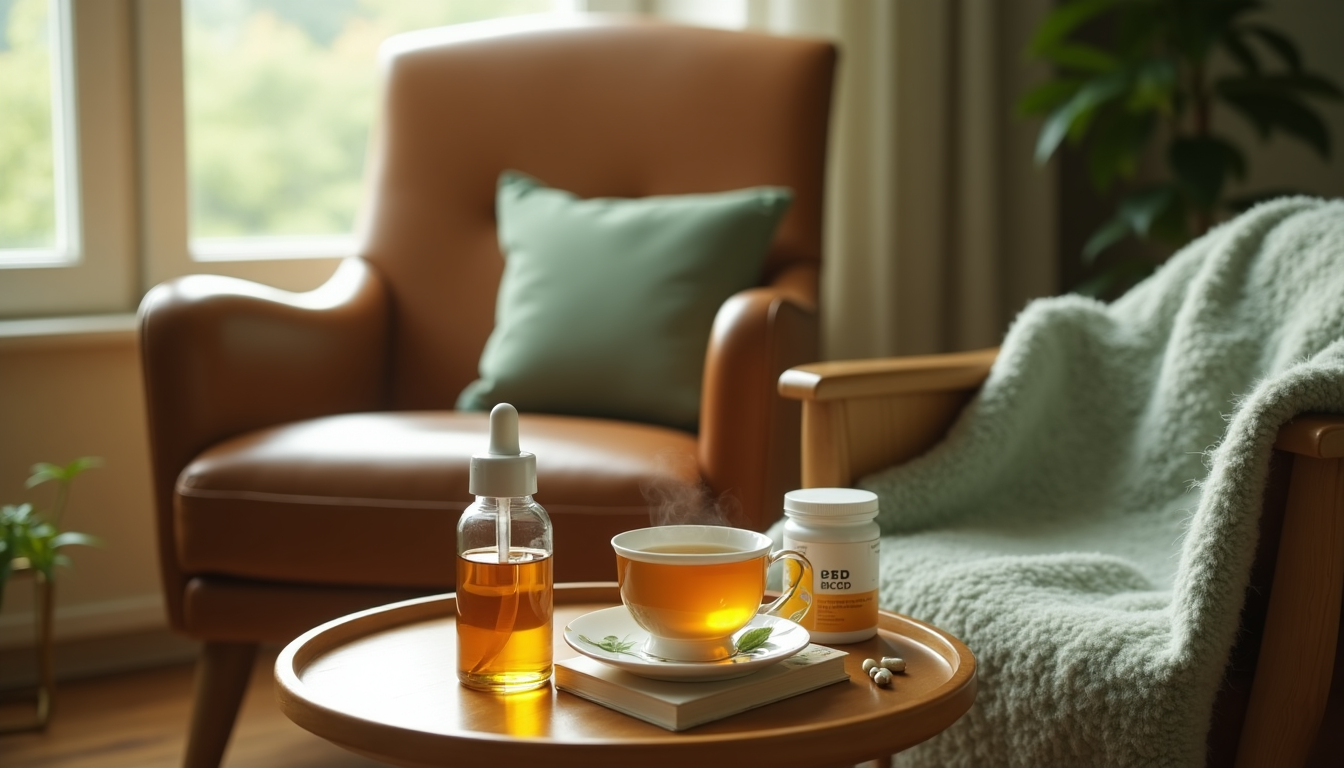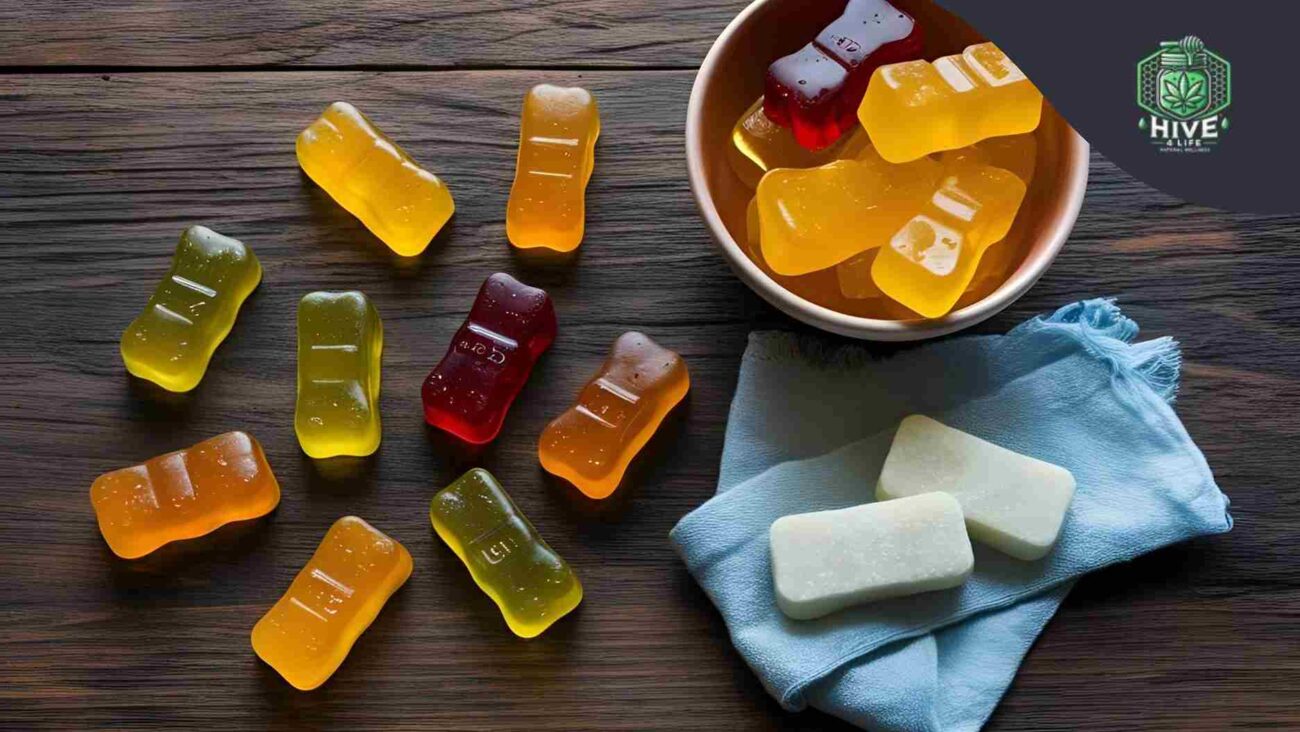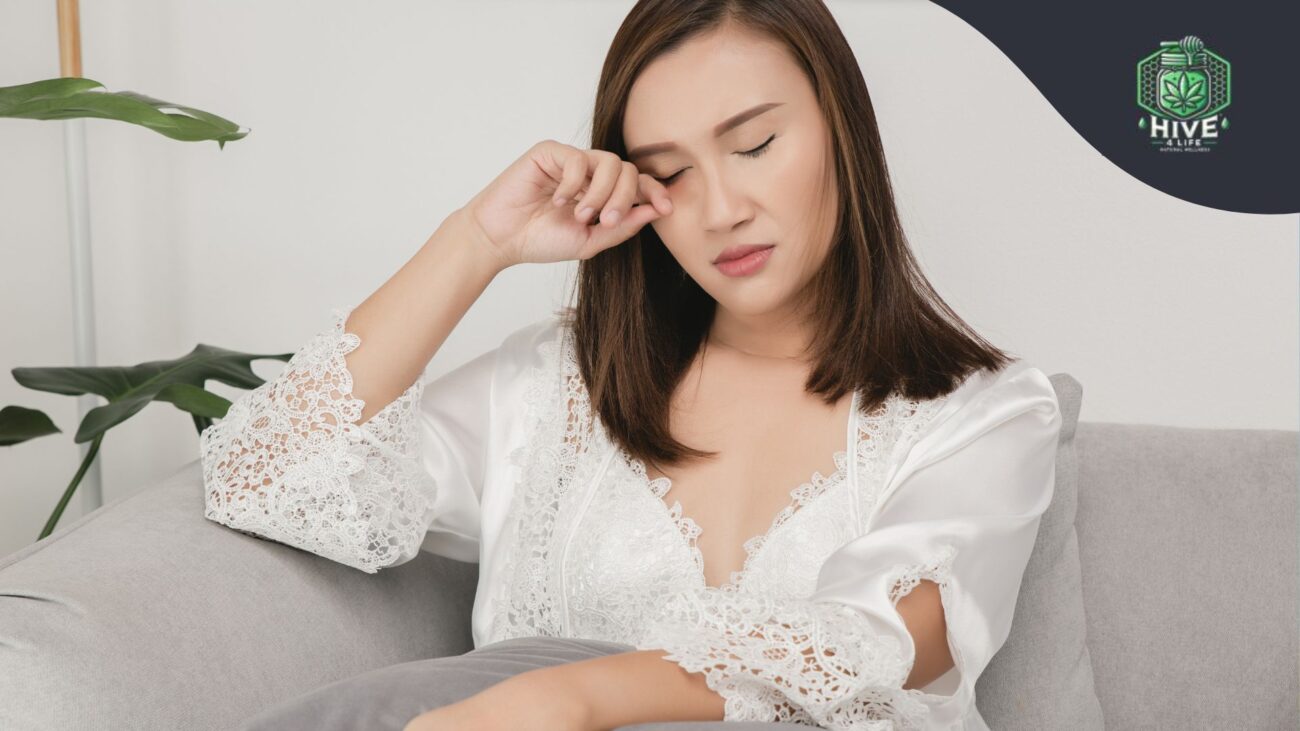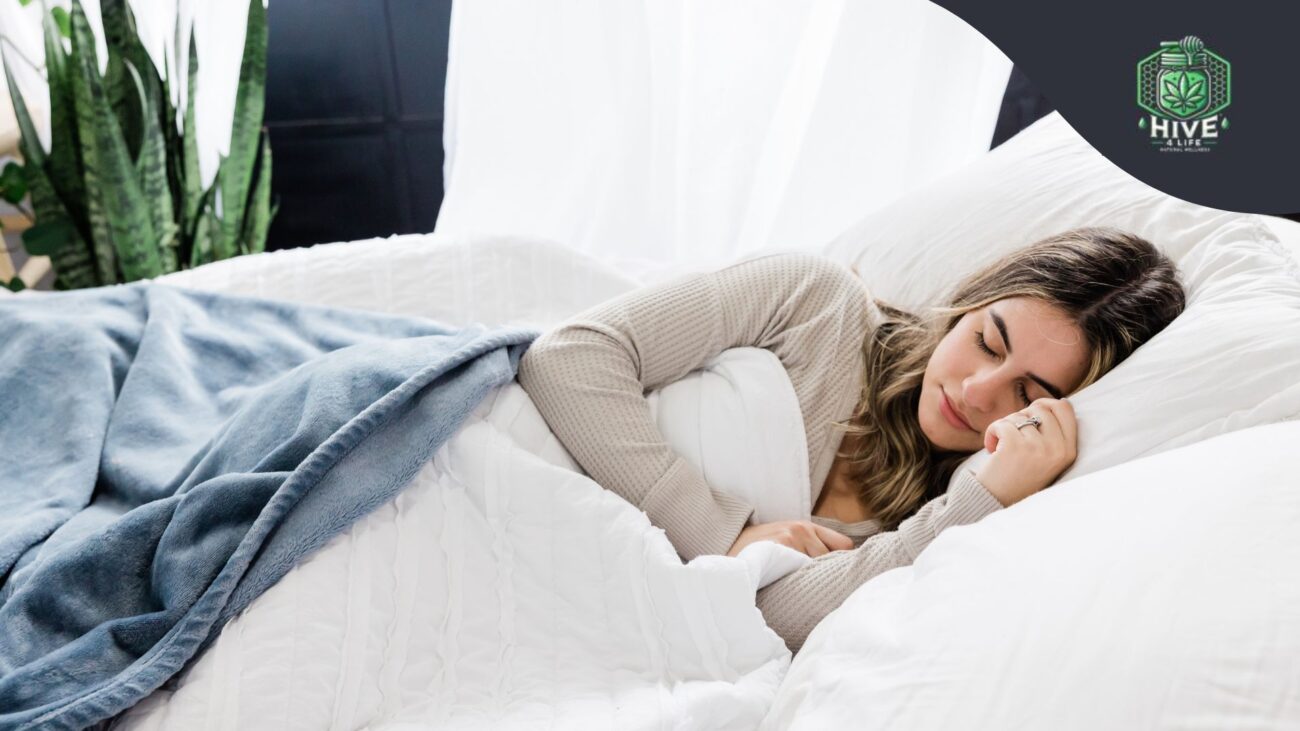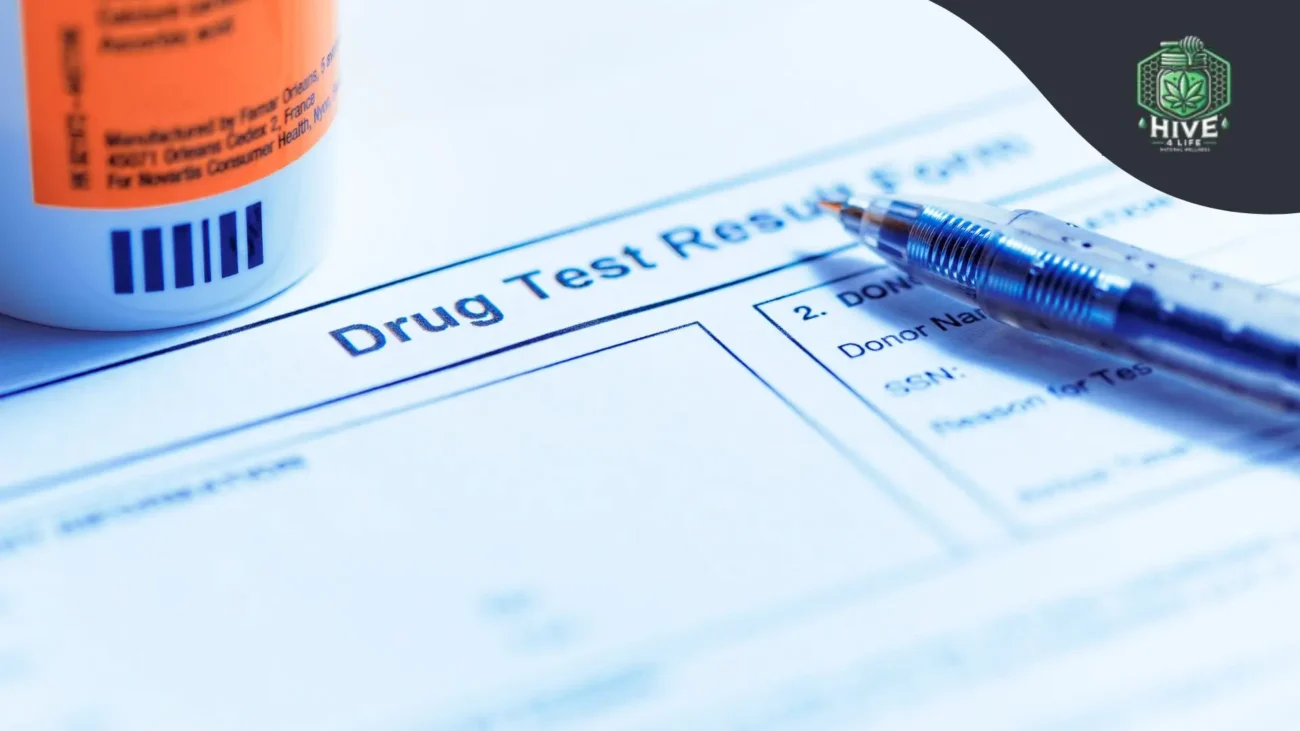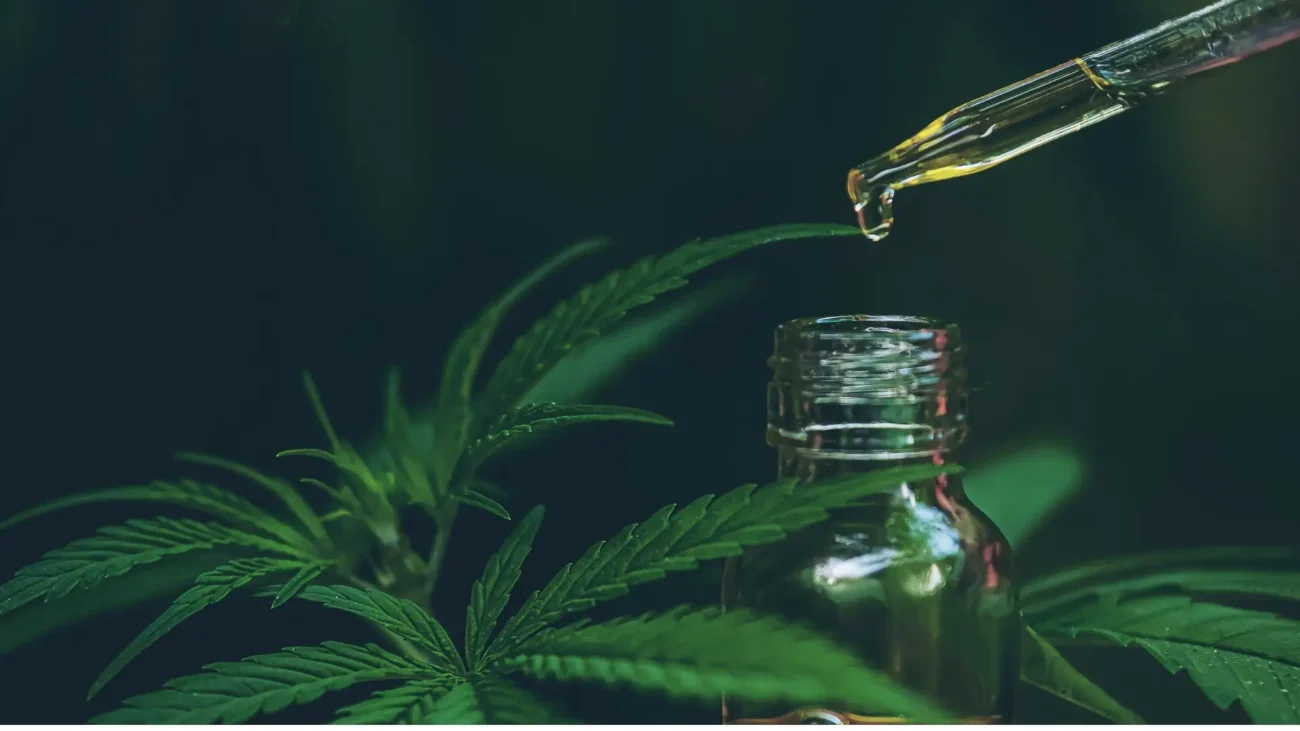One in five U.S. adults don’t deal very well with anxiety, which ranks as the nation’s most common mental health condition. Traditional anxiety medications have shown mixed results, with only 40-60% of patients reaching full remission. This leads many people to try CBD as an alternative solution.
Recent surveys indicate that between 14-33% of U.S. adults have used CBD products successfully. A newer study, published in 2022, found that young patients who hadn’t responded to standard anxiety medications showed improvements after adding CBD to their treatment plan. Another study with 300 participants demonstrated that CBD-dominant products reduced anxiety levels more effectively than THC-dominant options.
This piece dives into the science behind CBD’s effects on anxiety and compares various ways to take it. You’ll learn from real-life experiences and discover if CBD could help manage your anxiety symptoms.
CBD vs Traditional Anxiety Treatments
Doctors have prescribed benzodiazepines and SSRIs as standard anxiety treatments for decades. In spite of that, these medications work only for a limited number of patients. Studies show just 40-60% of patients achieve complete remission.
Comparing effectiveness
CBD shows several advantages over regular anxiety treatments in current research. CBD has great potential to treat multiple anxiety disorders without causing anxiety-related effects at higher doses. On top of that, recent clinical trials show CBD-dominant products substantially reduce tension right after use.
CBD relieves anxiety quickly, unlike traditional medications that take weeks to show results. A newer study revealed how CBD boosts blood flow to the hippocampus, which shows promise for treating anxiety and related disorders.
Regular anxiety medications have notable drawbacks. Benzodiazepines work well for acute anxiety but can lead to dependency, tolerance, and overdose risks. More concerning side effects include poor concentration, memory issues, and higher death rates.
CBD has a better safety record. The World Health Organization’s studies confirm people tolerate CBD well, with minimal side effects. Doses up to 1500mg per day are safe for human consumption.
Cost considerations
The cost of anxiety treatment varies greatly between CBD and traditional medications. CBD’s retail price might seem high at first, but many makers offer help programs. To name just one example, some companies give up to 60% off to veterans, low-income households, and people with disabilities.
The price per milligram of CBD tells a more accurate story than the sticker price. Today’s market rates run from $0.02 to $0.08 per milligram. Many companies offer subscription programs with savings up to 30% off regular prices.
CBD’s flexible dosing is a huge plus. Research shows doses between 25mg to 175mg daily help relieve anxiety. These amounts are much lower than what some clinical studies suggest (300mg to 600mg daily), which makes long-term use more affordable.
CBD’s mild side effects might save money by cutting down extra healthcare costs linked to traditional medication problems. CBD helps patients reduce or stop using benzodiazepines – a key finding given the complications and costs of long-term benzodiazepine dependency.
Different Forms of CBD for Anxiety
CBD products help manage anxiety in several different ways. Each type offers unique advantages that can match your specific needs.
Oils and tinctures
CBD oils rank among the most popular options on the market today. They blend CBD with carrier oils like coconut oil. Users can control doses precisely as the oil gets absorbed quickly under the tongue. Most oils come in 15-240 mg/ml concentration. This range lets you adjust your dose based on what works best for you. Full-spectrum products that contain up to 0.3% THC tend to work well for anxiety relief.
Capsules and edibles
CBD capsules and gummies make dosing simple with pre-measured amounts. A typical capsule contains 10-50 mg of CBD, which works great for daily routines. These products take 30-120 minutes to kick in since they need to go through digestion first. The effects last longer though, which helps control anxiety throughout your day.
Topicals
CBD creams, balms, and lotions work best on specific areas of the body. Research shows these products mainly affect the application site without much impact on mental health. People looking specifically to ease anxiety might want to look at other options.
Vaping options
Vaping gets CBD into your bloodstream quickly, which could help during sudden anxiety attacks. The research on CBD vaping remains sparse. Scientists have focused more on studying oral methods. The risks and long-term effects of vaping CBD still need more research.
Your choice among these options depends on what fits your lifestyle and needs best. Full-spectrum products include all natural cannabinoids. These might work better thanks to the entourage effect. CBD isolates give you pure CBD without other compounds. This makes them perfect if you want to avoid THC completely.
Product safety matters above all else. Third-party testing proves product quality and accurate labels. Labels on some CBD products don’t match their actual CBD and THC content. That’s why you should stick with trusted manufacturers.
Real User Experiences
Personal stories from CBD users show how well it can work for anxiety management. A newer study, published by researchers found that 79% of participants reported most important anxiety reduction after one month of CBD use.
Success stories
CBD has helped many people who struggled with traditional treatments. One person who used to take prescription medication reported their panic attacks completely disappeared and their overall anxiety levels improved. Another user found that CBD helped manage both depression and chronic pain, which let them cut their antidepressant dosage in half.
A recent clinical trial showed CBD-dominant products led to an impressive 60% to 70% drop in anxiety symptoms after four weeks of treatment. A complete study with 300 participants showed better anxiety reduction when people used CBD-dominant products.
The sort of thing I love about CBD’s effects is how quickly it works – one user felt calmer just 30 minutes after taking it. Many people also talk about its lasting benefits, including better sleep quality and less physical tension.
Common challenges
CBD usage comes with its share of obstacles. A major study found that more than 25% of CBD products had less CBD than what their labels claimed. Product quality inconsistency remains the biggest problem if you have to rely on CBD for anxiety relief.
There’s another reason to consider – the cost. Quality CBD products can be expensive, which makes regular use hard on your wallet. It also takes time to test different brands and doses before finding what works best.
Side effects can happen, though they’re usually mild. Some people feel sleepy, especially when they first start taking CBD. Changes in appetite or digestion might occur. These effects usually fade as people adjust their dose.
The quickest way to take CBD varies from person to person. Some people like oils because they can measure exact doses, while others do better with capsules or vaping. Doctors say the best approach is to start with small doses and slowly increase until you get the results you want.
Future of CBD Research
CBD research for anxiety treatment continues to grow faster. Scientists are now running close to 200 clinical trials to explore CBD’s effectiveness in conditions of all types.
Ongoing clinical trials
Dana-Farber Cancer Institute leads a groundbreaking double-blind study that focuses only on CBD for cancer-related anxiety. Another trial with 136 participants looks at CBD’s role in treating PTSD among military veterans.
Research institutions are studying how CBD affects different types of anxiety. A notable 4-week randomized trial tests doses between 50 to 150 mg/day to find the best dosing protocols for anxiety management. The research team focused on CBD’s anxiolytic properties without THC’s associated risks.
Promising new applications
A newer study, published in, shows CBD could treat multiple anxiety disorders like GAD, SAD, PD, OCD, and PTSD. CBD stands out because it doesn’t create anxiogenic effects even at higher doses.
Clinical trials show CBD works well at oral doses between 300 to 600 mg. These doses successfully reduced anxiety in healthy individuals during experiments. The studies also indicate CBD could improve fear extinction, which brings hope for PTSD treatment.
Regulatory changes ahead
The FDA has concluded that current regulatory frameworks for foods and supplements don’t fit CBD products. They now support creating a new regulatory pathway that balances public access with safety oversight.
The proposed framework would add several key safeguards:
- Clear product labeling requirements
- Contamination prevention measures
- CBD content limitations
- Minimum purchase age restrictions
The FDA helps advance research by providing guidance for clinical studies and making the drug development process smoother. The 2018 Farm Bill removed hemp from the Controlled Substances Act, giving researchers more chances to study CBD derivatives.
Scientists expect to have solid information about the best dosing protocols for specific conditions in the next few years. This surge in research will improve our understanding of CBD’s therapeutic potential and help people seeking different anxiety treatments.
Conclusion
Research strongly backs CBD’s role as an anxiety management tool. Studies show that CBD helps with various anxiety disorders, and 60-70% of users see their symptoms decrease substantially. CBD works better than traditional medications in several ways – it acts faster, has fewer side effects, and lets users adjust their doses easily.
CBD products do have some drawbacks like quality variations and upfront costs, but the benefits usually make up for these challenges. People who add CBD to their daily routine often report better anxiety control, improved sleep, and enhanced overall wellness.
CBD’s future in medicine looks bright. Ongoing clinical trials and evolving regulations will likely provide better guidance about doses and specific uses. You should talk to your healthcare provider and learn more about specific products that might work for you before trying CBD to manage anxiety.
CBD shows great potential, but finding what works takes time. The best approach is to begin with small doses and watch how your body reacts. With good research and careful planning, CBD could become a key part of how you manage anxiety.
FAQs
Is CBD scientifically proven to be effective for anxiety?
Research indicates that CBD shows promise in reducing anxiety symptoms. Studies have demonstrated its effectiveness across various anxiety disorders, with some users experiencing significant symptom reduction. However, more extensive clinical trials are ongoing to further validate these findings.
How does CBD compare to traditional anxiety medications?
CBD offers several potential advantages over traditional anxiety treatments. It typically has a faster onset of action, fewer side effects, and more flexible dosing options. Unlike some conventional medications, CBD doesn’t appear to cause dependency or tolerance issues. However, it’s important to consult with a healthcare professional before making any changes to your treatment plan.
What forms of CBD are available for anxiety management?
CBD comes in various forms, including oils, tinctures, capsules, edibles, topicals, and vaping options. Oils and tinctures are popular for their precise dosing and quick absorption. Capsules and edibles offer convenience and longer-lasting effects. The choice often depends on personal preference and specific needs.
What does the future hold for CBD research and regulation?
The future of CBD research looks promising, with numerous ongoing clinical trials exploring its potential for various conditions, including anxiety. Regulatory bodies are working on developing new frameworks to ensure product safety and quality. In the coming years, we can expect more concrete information about optimal dosing protocols and specific applications for CBD in anxiety management.
Read More On
CBD Oil for Pain Management
How Does CBD Oil Make You Feel?
Top 10 Benefits of CBD for Mind and Body Wellness
What is CBD?
How Do You Use Pet CBD Oil?
Refrences
[1] – https://pmc.ncbi.nlm.nih.gov/articles/PMC4604171/
[2] – https://www.colorado.edu/today/2024/02/27/cbd-shown-ease-anxiety-without-risks-can-come-thc
[3] – https://www.aamc.org/news/cbd-does-it-work-it-safe-it-legal
[4] – https://pmc.ncbi.nlm.nih.gov/articles/PMC7480724/
[5] – https://www.innerbody.com/cbd-for-anxiety
[6] – https://www.thepermanentejournal.org/doi/10.7812/TPP/18-041
[7] – https://www.verywellmind.com/cbd-dosages-how-much-cbd-should-you-take-5078580
[8] – https://pmc.ncbi.nlm.nih.gov/articles/PMC9841308/
[9] – https://www.forbes.com/health/cbd/cbd-for-anxiety/
[10] – https://healthmatch.io/anxiety/how-to-use-cbd-oil-for-anxiety
[11] – https://www.medicalnewstoday.com/articles/vaping-cbd
[12] – https://mentalhealth.banyantreatmentcenter.com/blog/can-cbd-help-with-anxiety/
[13] – https://ordinaryvegan.net/cbd-testimonials/
[14] – https://www.byrdie.com/i-took-cbd-oil-every-day-5113149
[15] – https://www.mayoclinic.org/healthy-lifestyle/consumer-health/expert-answers/is-cbd-safe-and-effective/faq-20446700
[16] – https://reviews.webmd.com/vitamins-supplements/ingredientreview-1439-cannabidiol-cbd
[17] – https://www.cnet.com/health/nutrition/not-sure-how-much-cbd-to-take-experts-discuss-the-best-dosage/
[18] – https://www.shape.com/lifestyle/mind-and-body/cbd-oil-for-anxiety
[19] – https://www.dana-farber.org/newsroom/news-releases/2024/trial-of-cbd-for-cancer-related-anxiety-demonstrates-intriguing-findings
[20] – https://clinicaltrials.ucsd.edu/cannabidiol
[21] – https://ufhealth.org/clinical-trials/cbd-anxiety
[22] – https://www.fda.gov/news-events/press-announcements/fda-concludes-existing-regulatory-frameworks-foods-and-supplements-are-not-appropriate-cannabidiol
[23] – https://www.fda.gov/news-events/public-health-focus/fda-regulation-cannabis-and-cannabis-derived-products-including-cannabidiol-cbd
[24] – https://www.healthline.com/health/cbd-for-depression
[25] – https://resolvecbd.co/blog/cbd-oil-and-ssris-antidepressants/
[26] – https://pmc.ncbi.nlm.nih.gov/articles/PMC6757237/
